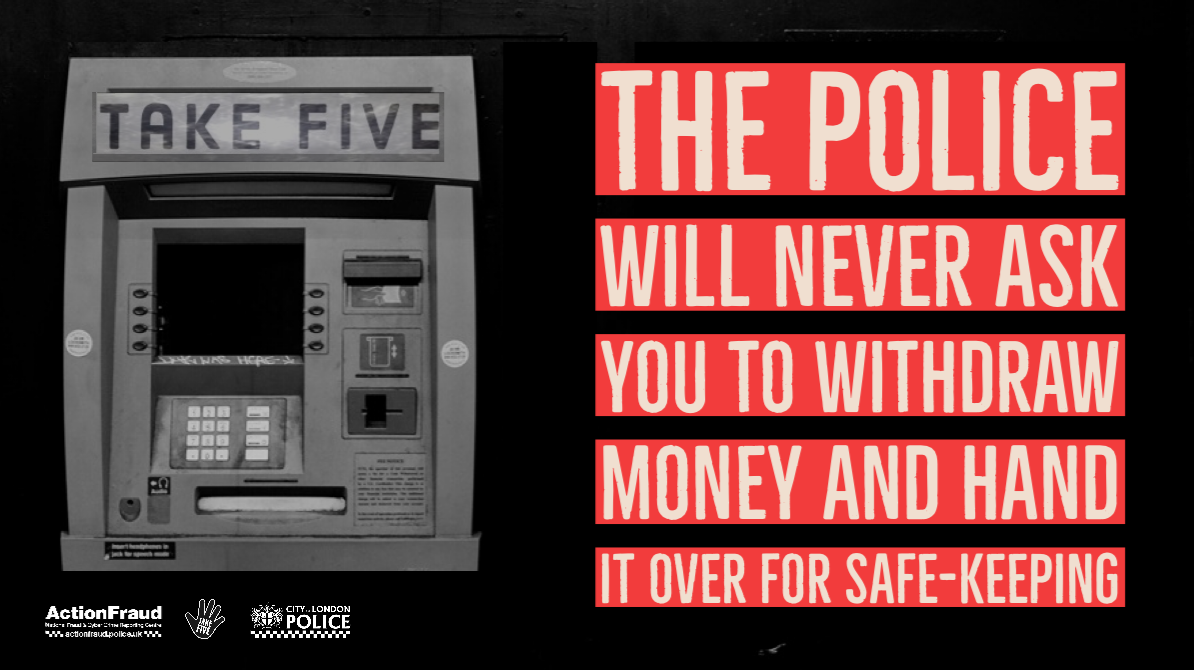As part of an annual awareness campaign, organisations from the public and private sector are urging people and their families to be aware of identity fraud.
New research reveals that 68% of adults will actively take steps to protect their spouse or partner from identify fraud, making sure personal information about them both online or in paper form is kept safe. However less than half (49%) take steps to protect their children.
The impact of identity fraud can be immediate financial loss and a negative credit rating – which in some cases can take a long time to resolve. And that’s only after the fraud has been detected which, for some groups of society, such as the older generations, may not occur for some time. This can extend to other members of a family if they have joint finances and are living at the same address.
Consider who still uses the family “home” address
Neil Munroe, External Affairs Director of Equifax and a spokesperson for the campaign, explains the risks further: “Every adult member of a family is at risk from ID Fraud. It’s important that head of households take action to protect their wider family, not just themselves, but their partner or spouse, adult children and parents and grandparents too.
“And taking precautions against personal identity fraud shouldn’t just focus on those living in your house right now. Head of households need to think carefully about who in their family still uses the ‘home’ address. For example, young adults who may have just moved out to go to work or university, siblings sharing a property and parents and even grandparents who used to live there or have stayed there for any period of time and still use the address as their main residence.”
Impact of ID fraud when applying for credit
Credit information for family members with shared financial agreements will be linked by lenders when looking at new credit applications. If one member of a family has been victim to identity fraud and their credit history has been affected as a result, this could affect other members of the family too if they already have joint financial agreements.
Young people are at a higher risk of identity fraud. This is because the 18 to 24 year olds are more likely to live in shared accommodation, like halls of residence, shared houses and flats with communal postal areas which are more vulnerable to opportunistic fraudsters.
Keep your identity safe with some simple tips:
- Always check all financial statements against receipts.
- Continuously monitor your credit status.
- Be careful about what information you share on social networking sites, and check your privacy settings.
- Subscribe to an alerts service to indicate when a financial product is applied for in your name.
- Protect all your mobile devices with passwords and regularly change passwords often.
- Install online security software, including devices such as tablets and mobiles.
- Shred all documents that contain sensitive information using a cross-cut shredder before throwing them away.
- Look into any mail that does not arrive when you are expecting it.
Supporting partners of this awareness activity include, Action Fraud, CIFAS - The UK's Fraud Prevention Service, Equifax , Norton by Symantec, Get Safe Online and Fellowes.
For further information on the research visit the Don’t let it be you website.
Please note that Action Fraud is not responsible for the content of external websites.
To report a fraud and receive a police crime reference number, call Action Fraud on 0300 123 2040 or use our online fraud reporting tool.



